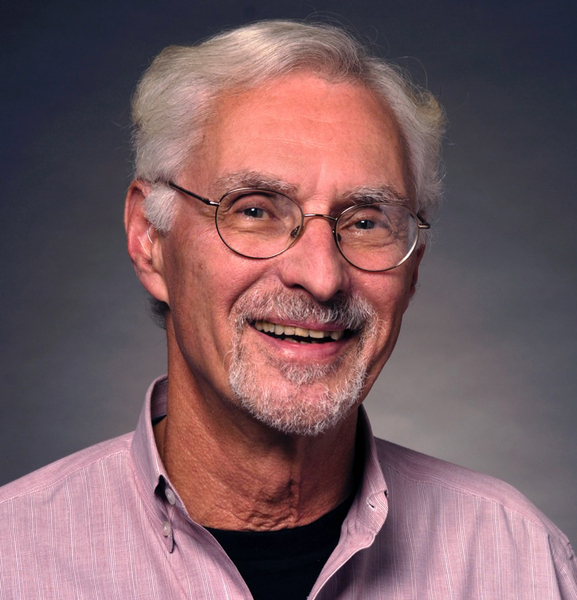Ralph Gakenheimer, MIT professor emeritus of urban planning, passed away on June 17 in Concord, Massachusetts. He was 89 years old.
A faculty member in the Department of Urban Studies and Planning (DUSP), Gakenheimer focused his research on the dynamic relationship between how we classify and use land with the mobility choices individuals make in cities. He was particularly interested in the intentions and choices behind the selection of a particular mode of mobility and how those choices intersect with sustainability and accessibility in developing nations.
During his 40-year tenure at MIT, Gakenheimer also served as a World Bank advisor and visiting professor at various universities including the University of Paris XII, the University of California at Berkeley, and the Universidad de Los Andes (Bogota), as well as being a visiting fellow at Balliol College, Oxford. He was a Fulbright Scholar and chaired several international committees, including the United Nations-appointed committee that oversaw comprehensive planning of the city of Mecca in Saudi Arabia.
“So many of us at DUSP were influenced by Ralph in so many ways,” says Chris Zegras, professor of mobility and urban planning, and DUSP department head. “Personally, it is no exaggeration to say he is the reason I am at MIT. He was an advisor, mentor, role model, dear friend, colleague — and I feel immensely privileged to have had the opportunity to have him play those roles in my life. It’s a sad day, but I take solace in thinking of the infinite ways in which his wisdom, knowledge, good humor, and spirit live on.”
Born in Baltimore, Maryland, Gakenheimer graduated from Towson High School, where he was recently inducted into its hall of fame for his career accomplishments. He received a bachelor’s degree in engineering science from Johns Hopkins University. Throughout his high school and college years, he helped at the family pharmacy, where he often worked as the soda jerk. He went on to get a master’s degree in regional planning from Cornell University and a doctorate from the University of Pennsylvania. Prior to joining the faculty at MIT in 1969, Gakenheimer taught for seven years at the University of North Carolina in Chapel Hill.
The range of his academic background is reflected in his influential book, “Transportation Planning as a Response to Controversy: The Boston Case” (MIT Press, 1976). “Ralph’s scholarship on the 1960s Inner Belt fight is a must-read for anyone seriously concerned about the state of transportation planning in any era,” says Karilyn Crockett, assistant professor of urban history, public policy, and planning in DUSP. “His excellent, groundbreaking work, ‘Transportation Planning as a Response to Controversy,’ is a thrilling example of telling a sprawling urban story at the scale of humans. After every interaction with Ralph, I walked away feeling empowered and much smarter, what I call the Ralph Effect. The Ralph Effect is to be in proximity to someone whose brilliance is so bright that it amplifies your own.”
Gakenheimer brought deep consideration to his work as a scholar of international development, engaging with a range of projects centered on providing sustainable infrastructure and development. Fittingly for an advocate of responsible transportation, Gakenheimer often commuted to MIT by bike.
“To describe an academic as thoughtful is perhaps redundant,” says Joseph Coughlin, director of the MIT AgeLab and leader of the U.S. Department of Transportation’s New England University Transportation Center. “However, when I think of Ralph, I cannot think of a better word. Ralph was thoughtful of his colleagues and students. He was thoughtful of the world we are imagining and leaving behind. He was, of course, thoughtful in tweaking and pulling the threads of even the most arcane theory. His soft-spoken demeanor and insights will be missed here and in the many places and spaces he touched over the years.”
Gakenheimer is survived by his wife, Caroline (Bierer) Gakenheimer; his daughters, Rachel Gakenheimer MCP ’99 and Katherine Gakenheimer; his grandchildren, Jesse and Vienne Begin; and his brothers, David and Martin Gakenheimer.
Donations may be made in Gakenheimer’s memory to Bikes Not Bombs, a charity close to his heart.







